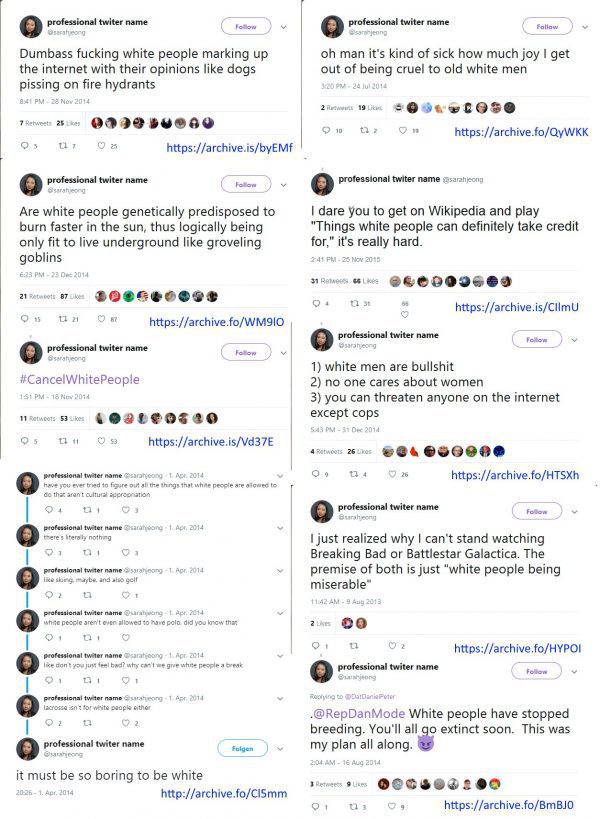cormack12
Gold Member
Source: https://humanevents.com/2019/08/21/the-real-history-of-gamergate
Pretty good article from the author's point of view. Thought this will become more relevant over the next weeks with the ion fury debacle.
Pretty good article from the author's point of view. Thought this will become more relevant over the next weeks with the ion fury debacle.
Last week, the New York Times published a collection of articles commemorating the infamous gaming event that took the world by storm in 2014. "August Never Ends," wrote GamerGate's progenitor and catalyst, Zoe Quinn, one year after the event. A truism, given how the media insists on whipping out GamerGate as the mainstream media's bogeyman to scare readers from exercising independent thought.
This was a concerted effort by a small network of people within the gaming press to set the narrative; I know this because I was a part of it. At the time, I edited a publication called Critical Distance, which curated collections of think pieces exploring the video game space through a "critical" (read: progressive) lens. During the 7-day period that the "Gamers are Dead" articles ran, Critical Distance curated a host of articles celebrating the demise of the core gaming community and bringing special attention to so-called "attacks" on feminist media critic Anita Sarkeesian.
Video game journalists, completely out of touch with the consumers they supposedly served, chose instead to focus on insular reviews of atypical games, brushed aside consumer complaints in negligent coverage of games with serious problems, and participated in press events that served as little more than all-expense-paid vacations for games journalists.
Frustrated customers scrutinized these reviews and the compromised entanglements between the press and video game producers. Collaborations such as gaming luminary Geoff Keighley's ill-conceived partnership with Doritos and Mountain Dew became some of the most propagated memes of the early 2010s. Earlier in 2007, Jeff Gerstmann, a high-profile games journalist, was fired from GameSpot after posting a negative review of a game that was heavily advertised on the publication that employed him.
To add to this disenchantment with gaming journalism, consumers noticed a troubling trend in the early 2010s. The gaming press had become quite obviously partisan, injecting progressive political commentary into their coverage.
When gamers refer to "gameplay" they are speaking of the mechanics—the strategic and technical elements that make a game fun to play. It's more or less anything that isn't the sound, setting, story, or visuals. This includes everything from how something like Call of Duty might "feel" as a first-person shooter, its competitive mechanics, reward systems, and so forth.
Gameplay, however, was largely uninteresting to journalists struggling to make their commentary politically relevant in the shifting climate of digital media. Simon Carless, former publisher of Gamasutraand who oversees the Game Developers Conference, wrote in a blog post in 2007 that "gameplay is a… dirty word!" Arguing that the vaguely-defined term promoted sloppy thinking, he compared the concept of "gameplay" to "moviewatch."










